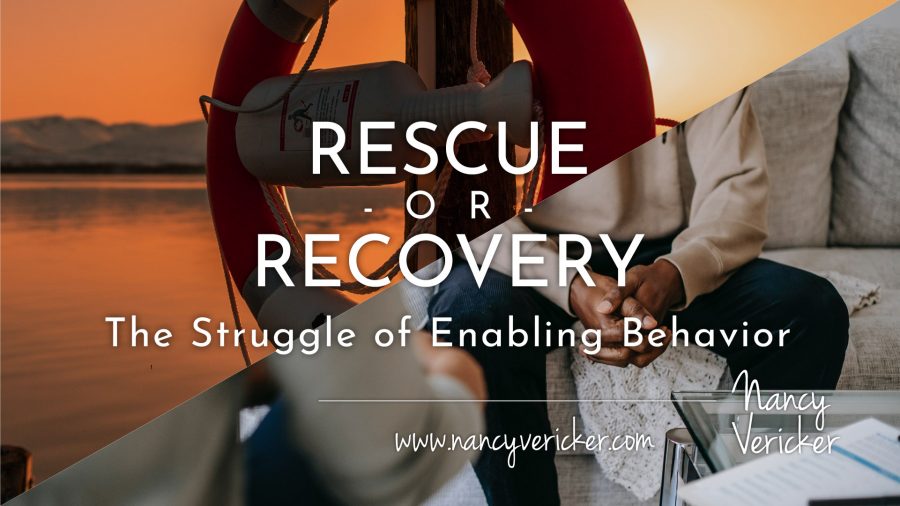We all love our kids to the moon and back.
We would walk on fire for them.
But in a family system impacted by the illness of substance use disorder that loving instinct can go awry.
Enabling behavior – actions that promote our addicted loved one’s dependence on us and on a substance – can undermine forward progress toward recovery.
There are times we need to stand back with love and not rush in to rescue with what we believe to be solutions.
There is no formula for how to strike that balance.
When my son, JP, was struggling with addiction to opioids and alcohol, I had to learn how best to love him in the midst of his illness without enabling the illness itself.
It was a constant walk on a highwire tightrope.
I wrote about this challenge in Unchained: Our Family’s Addiction Mess Is Our Message, the book JP and I co-authored to share our story of hope in recovery.
Those first weeks while JP was in Florida gave me the space to start the long process of sifting through the wreckage, trying to answer that age-old question: What the hell happened here?
When a natural disaster strikes, teams of volunteers and trained professionals rush to the scene to mount a rescue effort. The world watches and waits as victims are pulled from the rubble and rejoices when they are found alive. But when the operation moves into a recovery effort, the sadness is palpable because everything possible has been done to save lives and now the search is on for the dead.
What had to happen in our family was the exact opposite of disaster management. Rescue mode—which is what enabling families do best—didn’t work. This includes a fill-in-the-blanks array of behaviors families use in effort to rescue their addicted loved ones including, but not limited to: paying overdue bills; fixing cracked-up cars; buying new cars; hiring lawyers, tutors, and doctors; making excuses to bosses; providing shelter; and posting bail.
Ironically, these measures only ensure that the downward spiral will continue, ultimately leading to, as they say in 12-step programs: “death, jail, or an institution.” For our family, recovery only began when the rescue campaign ended.
Easier said than done.
It has taken our family years of hard work, mistakes, good decisions, bad decisions, false starts, prayers, wizards, lousy counselors, and excellent ones to help us to make significant changes in our lives. It has taken all of this to finally get enough traction for the miracle of recovery to take place in God’s time.
How do you step back with love?
What helps you to prevent enabling behavior?
Please share here.
We can all be inspired by our collective experience, strength and hope.



0 Comments
Leave a comment